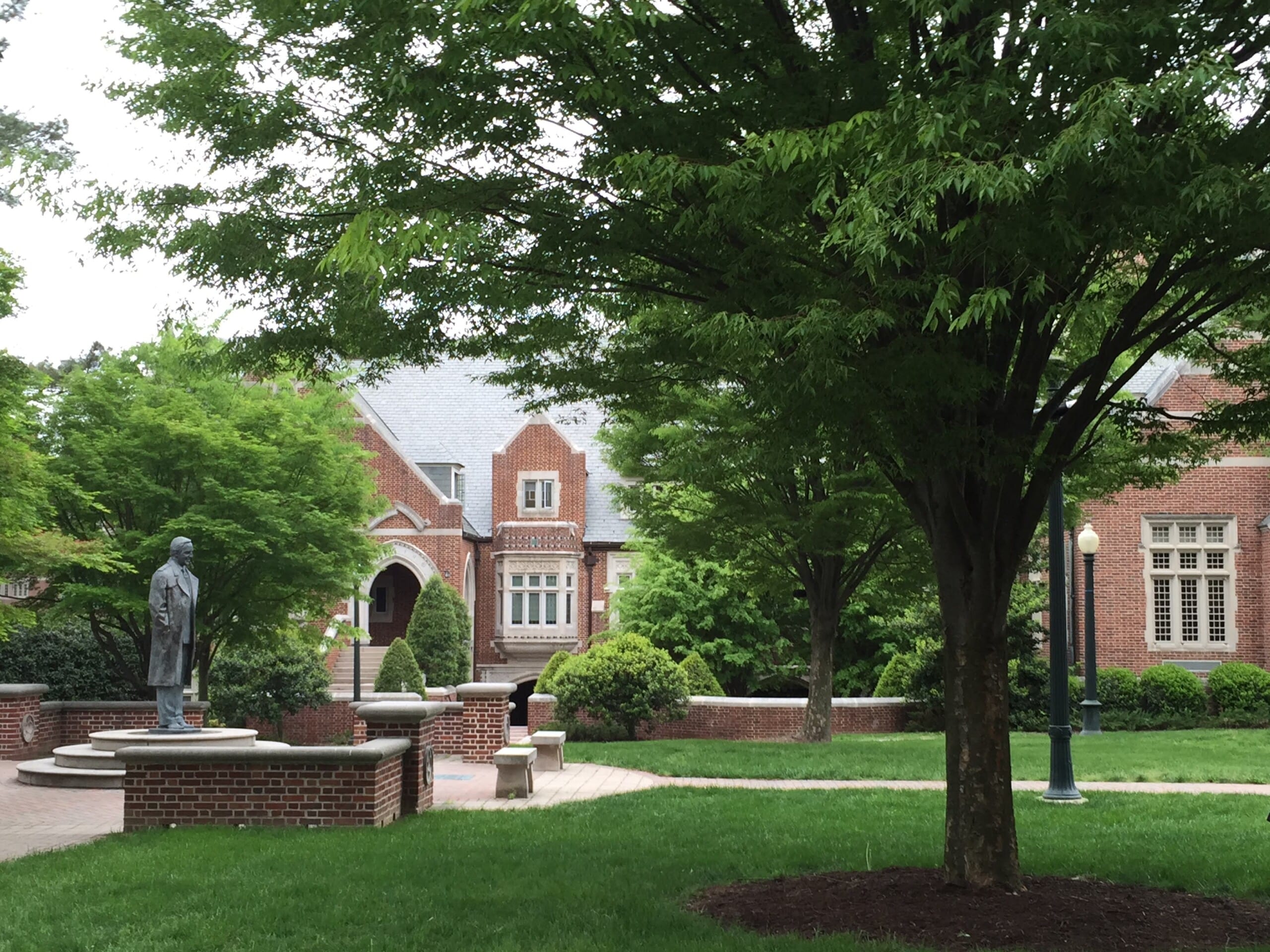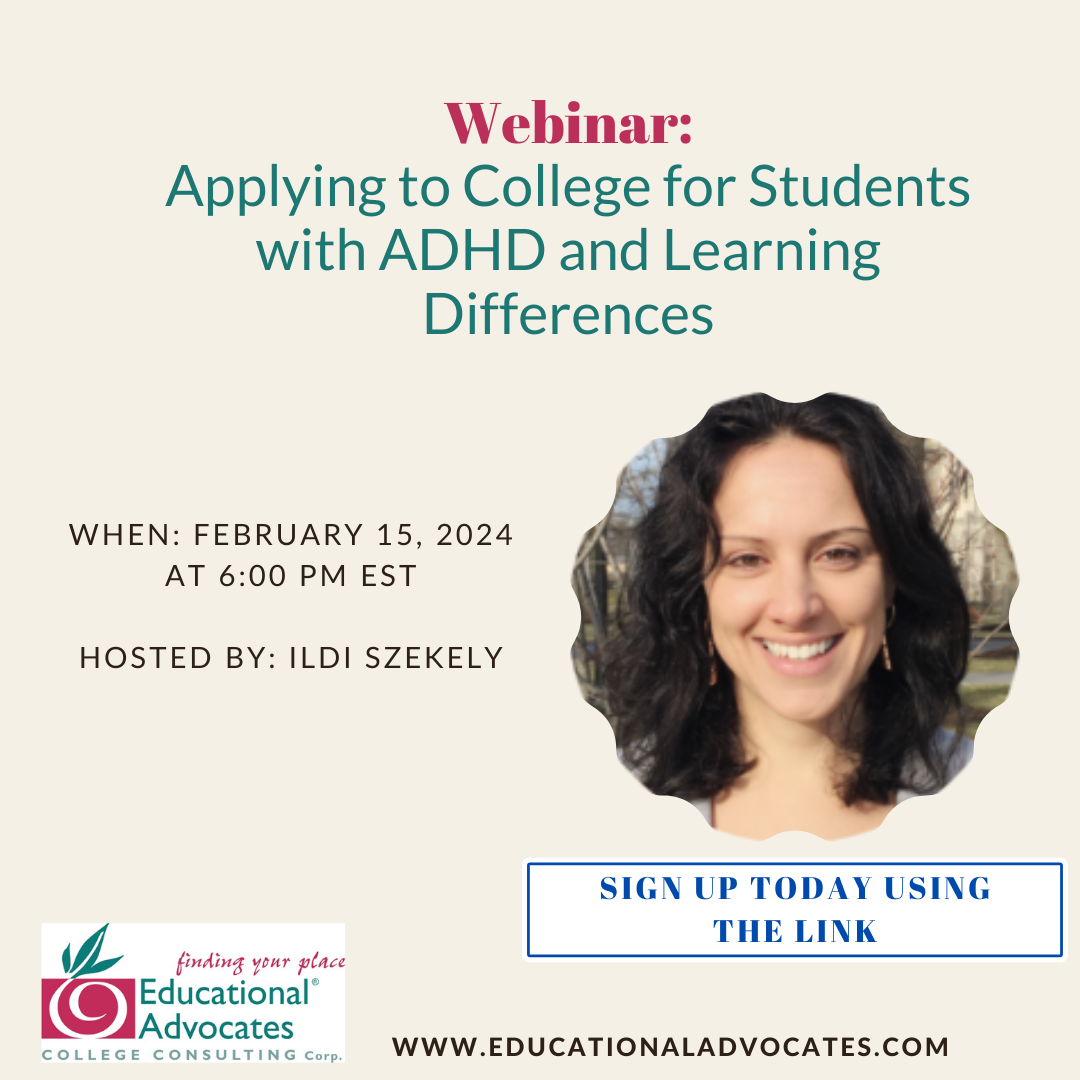Explore Our Blog
College Admissions Tips and Guidance
Our blog is an invaluable resource, providing students and parents with everything from campus visit profiles, insights about college admissions, and tips for every step of the process from writing essays, acing the interview, using summers productively and much more.

Explore Our Articles
Recent Posts
Popular Categories
Get In Touch
On Social
By Phone or Text
(617) 734-3700
By Mail or Email
1678 Beacon Street
Brookline, MA 02445
By Form
Educational Advocates
Our objective is to guide the family in finding options where the student will not only get admitted, but thrive and find success once on campus.
Search All Articles By Category
or continue scrolling
- All
- Advising
- Applications
- Athletics
- Careers
- College Admissions
- College Essays
- College Life
- College List
- College Visits
- Colleges
- Decision
- Financial Aid
- Gap Year
- Internships
- Interviews & Auditions
- Learning Differences
- Majors
- Mental Health
- Performing & Visual Arts
- Reading
- Recommendations
- Scholarships
- Standardized Testing
- Study Abroad
- Study Skills
- Summer
- Transition To College
- Uncategorized



































